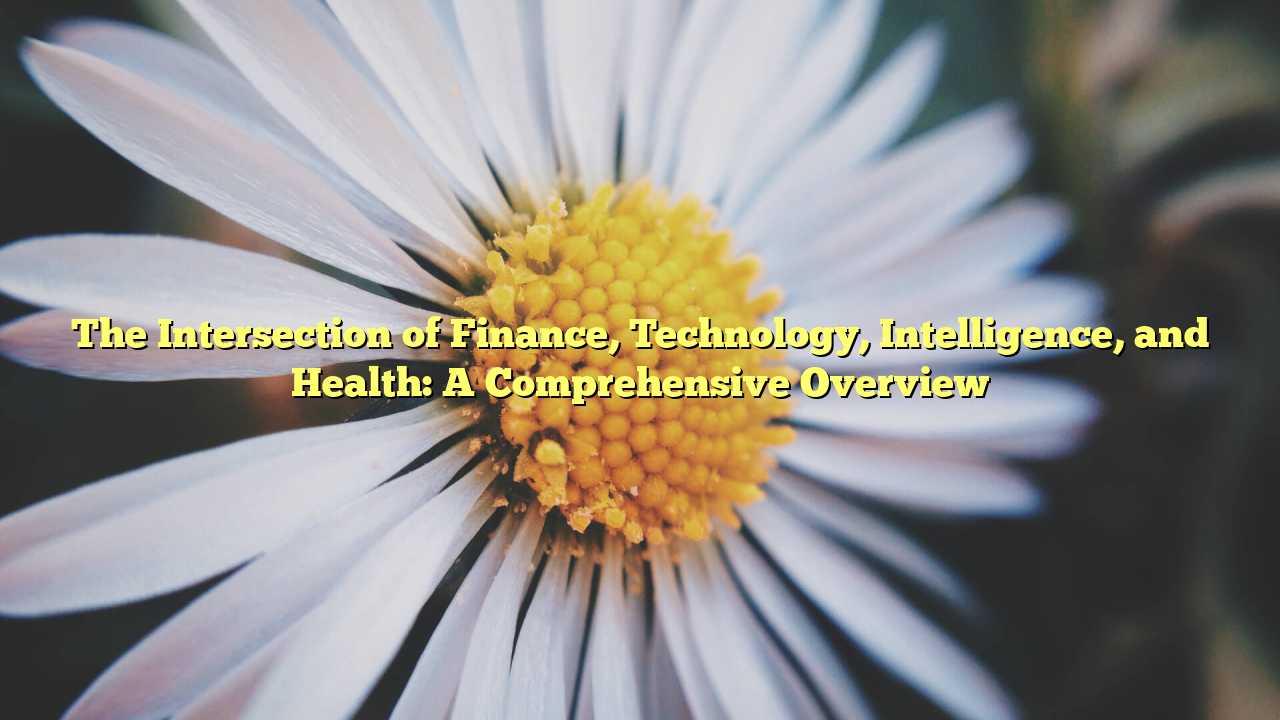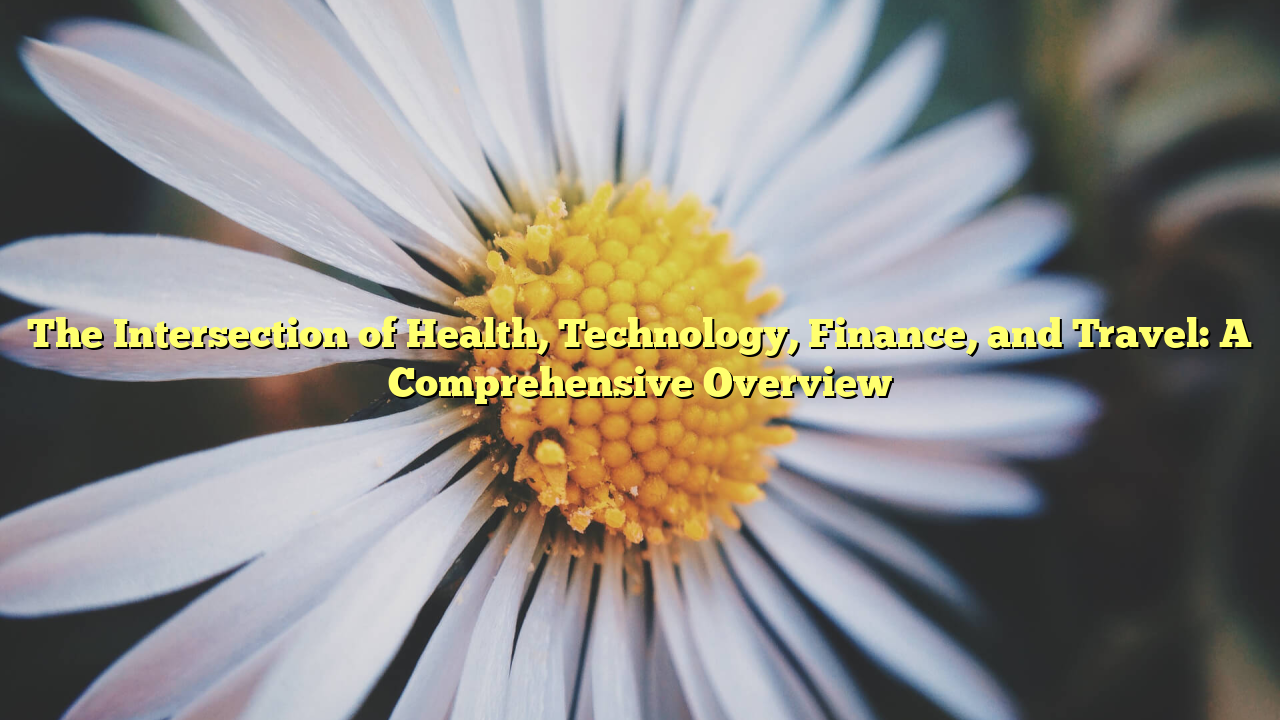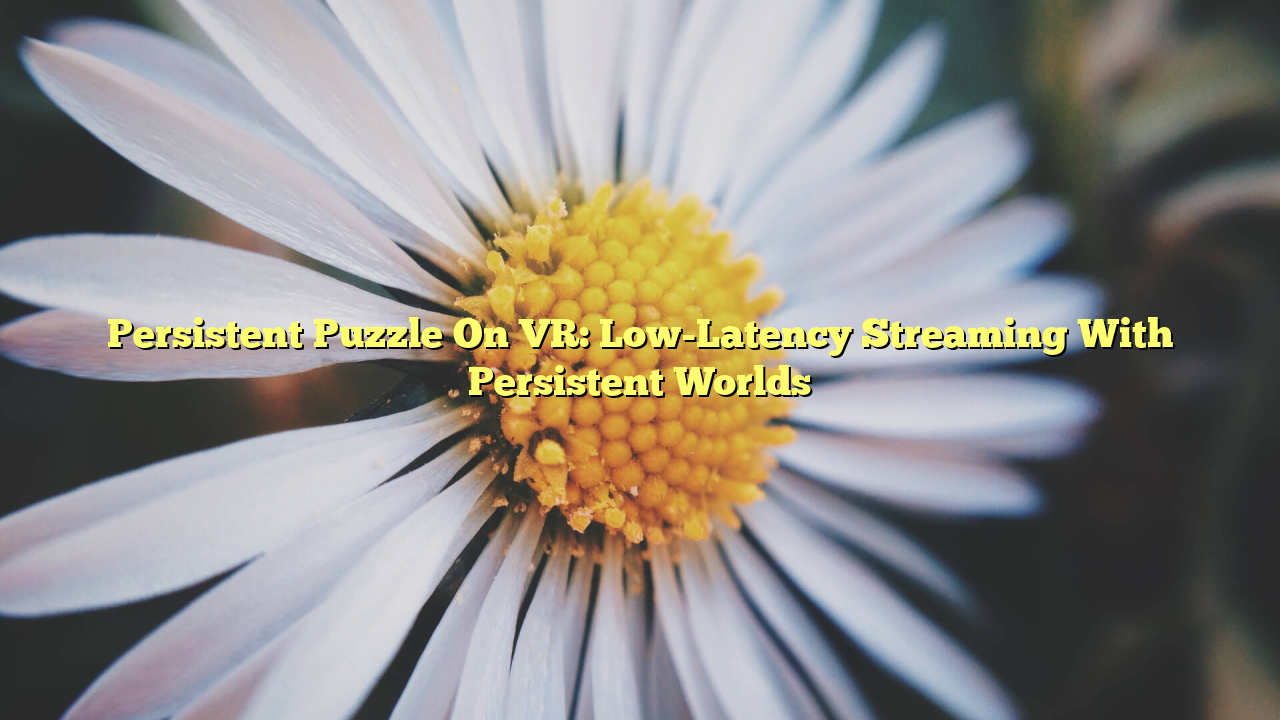Introduction:
The worlds of finance, technology, intelligence, and health are no longer separate domains. They are closely interwoven, with each influencing the other. As these domains continue to evolve, their convergence is creating new opportunities and challenges for individuals, businesses, and governments alike. In this article, we will explore how these fields interact, the emerging trends within them, and how they are shaping the future of society.
—
Finance: A Foundation for Growth
Finance plays a pivotal role in driving economic growth and stability. In the modern world, financial systems enable the efficient allocation of resources, whether through traditional banking institutions, stock markets, or digital currencies.
Financial markets have become more complex with the rise of digital currencies and blockchain technology. Blockchain technology, for example, is being used to create more secure and efficient financial transactions. It offers decentralized control, making it less prone to fraud and manipulation.
The rise of fintech has democratized access to financial services, allowing individuals to manage their money, invest, and borrow without the need for traditional banks. From peer-to-peer lending platforms to mobile payment apps, fintech is transforming the financial ecosystem by enhancing convenience, reducing costs, and increasing access to services.
—
Technology: The Catalyst for Change
The constant evolution of technology is reshaping industries across the board, and its influence on finance is undeniable. The rise of artificial intelligence (AI), machine learning, and big data analytics is having a profound impact on financial decision-making, risk management, and customer service.
By analyzing historical data, AI can predict market trends, detect fraud, and provide personalized financial advice. This has led to more accurate forecasting, better risk management, and the creation of personalized financial products tailored to the needs of individual customers.
The Internet of Things is enabling the collection and analysis of real-time data from connected devices, providing new opportunities for financial institutions. For example, insurance companies are using IoT data to offer personalized policies based on real-time health or behavior data, while banks are using connected devices to streamline operations and improve customer engagement.
—
Intelligence: Harnessing Data for Smarter Decisions
The ability to analyze and interpret data is essential for making informed decisions in today’s data-driven world. With the advent of big data, businesses and individuals can now analyze enormous volumes of information in real time to identify trends, opportunities, and risks.
AI and machine learning algorithms allow businesses to process large datasets and extract actionable insights, enabling them to make more informed financial decisions. This intelligence allows financial institutions to predict customer needs, reduce operational costs, and improve overall performance.
In healthcare, artificial intelligence and machine learning algorithms are revolutionizing diagnostics, treatment planning, and patient care. AI-driven systems can analyze medical records and images with greater accuracy than human doctors, helping detect diseases early and reduce medical errors.
—
Health: A Focus on Well-being
Health is a fundamental aspect of life, and advances in technology are constantly changing the landscape of medical care and health management. In recent years, there has been a growing focus on preventative care and the use of technology to monitor and improve health outcomes.
The rise of telemedicine has allowed patients to consult with healthcare professionals from the comfort of their homes, reducing barriers to access and improving efficiency. This technology has been particularly valuable in rural or underserved areas, where access to healthcare facilities may be limited.
Wearable technology has revolutionized how individuals monitor their health, providing real-time data on heart rate, sleep patterns, and physical activity. These devices can help detect potential health issues before they become serious problems, allowing individuals to make lifestyle changes or seek medical intervention early.
—
The Future: A Blended Approach
The future of finance, technology, intelligence, and health lies in their integration. panen66 of these fields is already leading to smarter financial services, more efficient healthcare systems, and a better quality of life for individuals.
As technology advances, we can expect even greater integration between these sectors.
—
Conclusion:
The integration of these fields is not only transforming industries but also improving the lives of individuals around the globe. As these sectors continue to evolve, the opportunities for innovation and improvement will only increase, creating a more interconnected and efficient future for all.
The Intersection of Finance, Technology, Intelligence, and Health: A Comprehensive Overview



